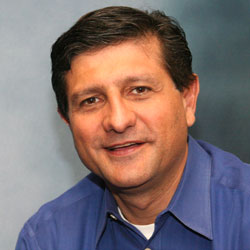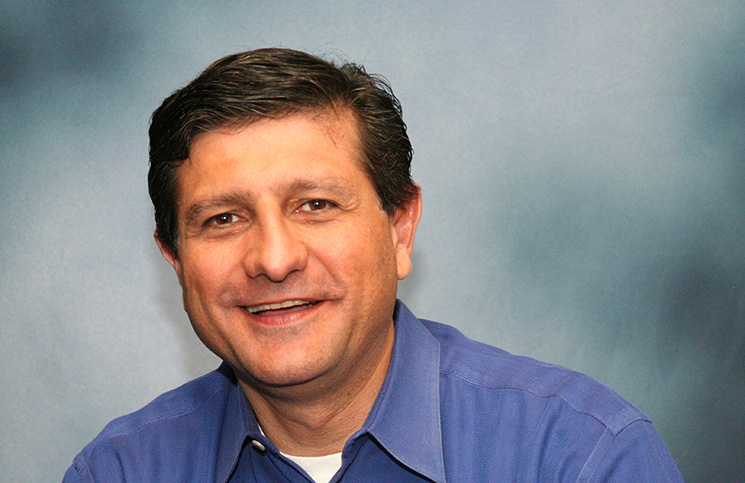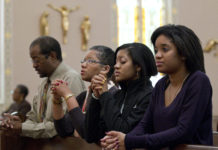We are called by Christ to respect and love our fellow human beings — regardless of their beliefs, or even their actions. That is what Christ instructs to do — period!
But we are not called to love their ideas, their behavior or their beliefs.
That distinction is the key to understanding recent comments by Pope Francis about homosexuality. But it’s also part of a bigger picture — one that has grown very murky lately and that Pope Francis might be helping to clear up in more ways than one.

The source of this murkiness is that the whole idea of respecting others but not necessarily accepting their ideas has been turned upside down and all around in the last few decades by our media and large sectors of our society.
I wrote a few months ago of Pope Francis and his incredibly dynamic installation in which he called for us to help the poor, and then one week later when he traveled to a juvenile prison and instructed us all to love one another as Christ would while he washed the feet of the young offenders. He garnered well-deserved attention for both of these important statements and the weight of the ideas they conveyed.
Then a few weeks ago he again caught the attention of the media when he stated that homosexuals “shouldn’t be marginalized. The tendency (to homosexuality) is not the problem… they’re our brothers,” he stated.
Now the pope’s comments in no way departed from the Catechism of the Catholic Church on this matter. And when he was asked of his position on gay marriage, he in fact answered: “You know perfectly the position of the Church.”
What was different about the way the pope spoke was there was a dramatic and implicit compassion for and defense of the human beings that he was talking about in his tone and in his words. He reminded us that homosexuals are first and foremost humans, and therefore they are to be first and foremost respected and loved.
Respect
Now this idea was never contradicted directly by any past Church leaders. But some may not have been very effective at making it implicit — suggesting the compassion, the love, the acceptance of all human beings as our brothers and our sisters was not there.
But it’s not only in the Church that this perceived lack of love of neighbor has reared its ugly head in the last few decades, but in our society on the whole. The rise of hatred and violence towards others has been the subject of almost nonstop political columns. As one political side is pitted against the other by self-serving politicians with vaulting ambition, they have prompted many loving Americans to demonize their neighbor.
That same mistreatment of others has snuck into our schools as students fail to respect their teachers and their fellow students, and into our business world as some owners fail to respect the value of their employees. It has reared its head in our government with the alarming increase in fatalities from drone strikes and the recent IRS abuse of individuals with differing political views.
What’s a bit bizarre here is that all this disrespect for human life comes as we are simultaneously asked to accept a wide range of ideas and behaviors we find disagreeable, and to give those ideas an almost humanlike respect.
In other words, acceptance and love of others has been transposed with acceptance and love of ideas. And we are pressured to open our minds until they no longer can hold anything — opinions, convictions, faith, etc.
But in his brilliantly simple way, Pope Francis is flipping us back. He is reminding us that in the world of the human experience, we will encounter people, who we must respect God’s presence within at all times, and we will encounter ideas, which we have no moral obligation to accept or respect at all.
And we must not confuse the one with the other. If we can do that, we can all learn to break bread with our neighbor without feeling we must nourish their ideas.





![[VIDEO] Make Sunday feel like Sunday again](https://www.catholicsun.org/wp-content/uploads/2021/04/2021-YOUTUBE-BISHOP-MESSAGE-THUMBNAIL-ENGLISH-218x150.png)

